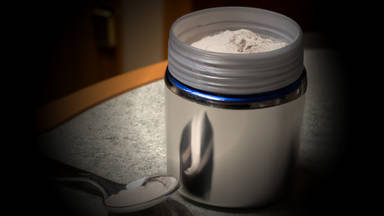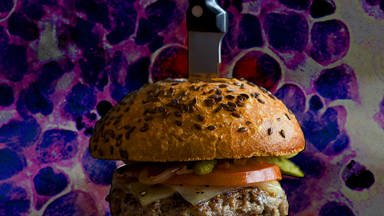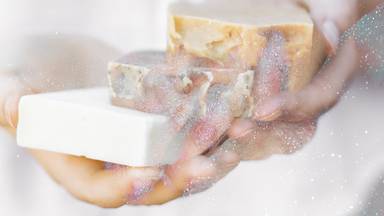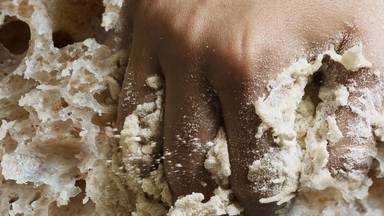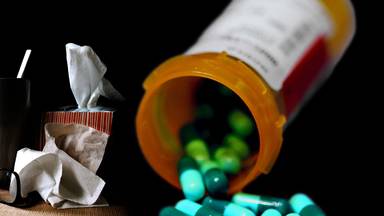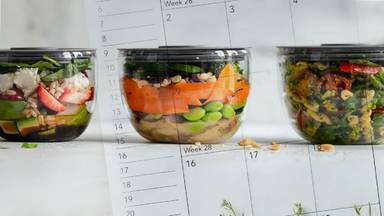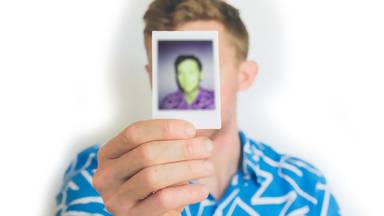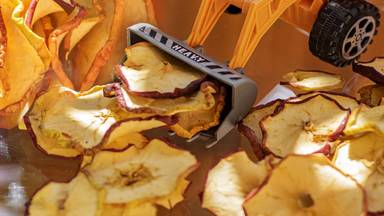
Gilbert syndrome (GS) is characterized by an elevated level of bilirubin in the blood plasma due to the slow metabolism of bilirubin by the liver. Even though it often has no indications, affected individuals may experience yellow eyes and skin.
Gilbert’s syndrome causes
Bilirubin is a product of the natural breakdown of hemoglobin in some organs. When the bilirubin level builds up in the plasma, it produces jaundice. Gilbert’s syndrome is an inherited disorder. GS is due to a genetic variant in the UGT1A1 gene. It means you won’t develop it suddenly. But symptoms of this disorder may become apparent 20-30 years after birth.
Gilbert’s syndrome symptoms
Gilbert’s syndrome is usually not accompanied by any symptoms, however, in some individuals, nausea, diarrhea, abdominal discomfort, fatigue, dark urine, and mild jaundice may occur.
Gilbert’s syndrome diagnosis
Unusual amounts of bilirubin in a blood test are an indicator of GS. Your doctor may also notice it from an ultrasound of the liver or a genetic test. But sometimes people who are in their 20s and 30s may not be diagnosed with Gilbert’s syndrome, since it often does not get activated in youth.
Gilbert’s syndrome and COVID-19
Studies show there is a link between Gilbert’s syndrome and severe Covid-19(SARS-CoV-2).
They observed people with Gilbert’s syndrome having a rapid recovery from Covid-19.
Hyperbilirubinemia (higher bilirubin in the bloodstream) may have a protective effect against Covid-19. They concluded higher resistance against Covid-19 is a result of the antioxidant, and antiviral effects of unconjugated bilirubin. (1)
How to fight Gilbert’s syndrome
Gilbert’s syndrome doesn’t need any treatment. It does not cause any long-term health problems, and people with this syndrome can live healthy lives. But if you want to decrease the symptoms, the most effective way to do so is to prevent bilirubin from rising.
Things that raise bilirubin levels include stress, dehydration, and too much exercise, having your period also increases bilirubin levels.
Sometimes infections like the flu or having a surgery can raise bilirubin. Some medications affecting the liver may also increase the bilirubin level in the blood. Make sure you talk to your doctor before taking liver medications.
Here's what to do:
- Don’t skip a meal since hunger and extreme dieting result in higher bilirubin.
- Taking large doses of vitamin B3 (niacin) causes bilirubin fluctuation.
- Stay hydrated and limit your alcohol intake.
- Limit your intake of most animal products (meat, dairy, egg) and aged or fermented products such as cheese, wines, bread.
- Taking milk thistle extract for 12 weeks can normalize bilirubin levels in the blood serum.
- Aspirin also increases bilirubin.
- Excess amounts of vitamin A, vitamin D, and vitamin D must be avoided.
- Limit your intake of fatty fish and shellfish since they are rich in those vitamins.
- Plenty of fruits and fibers, vegetables and leafy greens can decrease the amount of bilirubin in blood serum.
- Taking magnesium and calcium may help
- Make sure your Vitamin B12 level is sufficient. Since Vitamin B12 deficiency elevates bilirubin levels.
